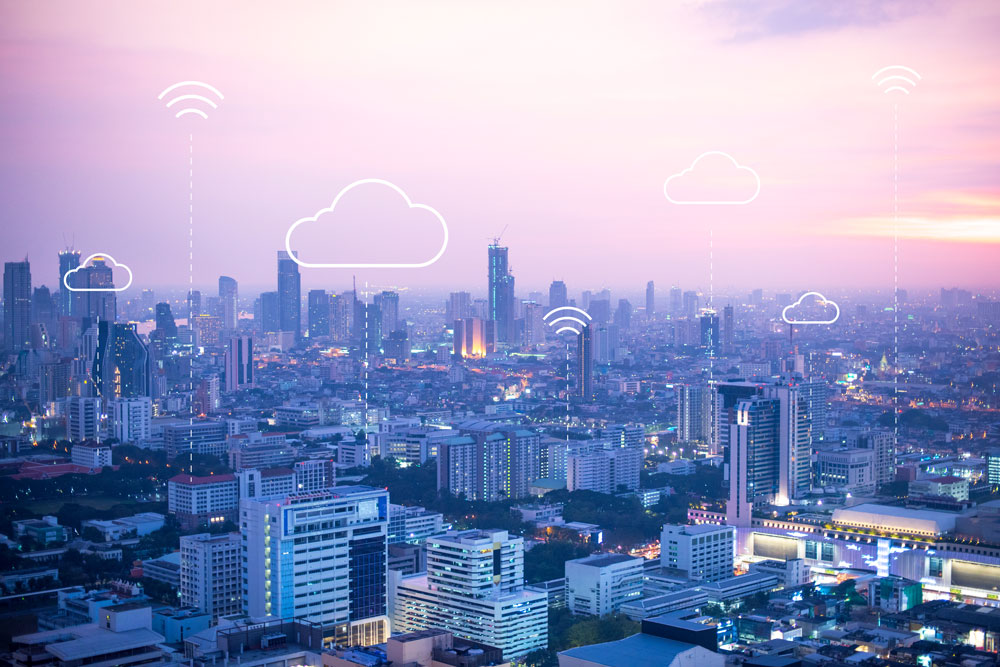Benefits
The combination of Industry 4.0 and IIoT has the potential to revolutionise the way businesses operate. For example, companies can use the data collected by sensors on machines to optimise production processes, detect problems at an early stage and improve quality control. In addition, companies can use the data collected by sensors to improve areas such as safety, customer service, product design, for example.

